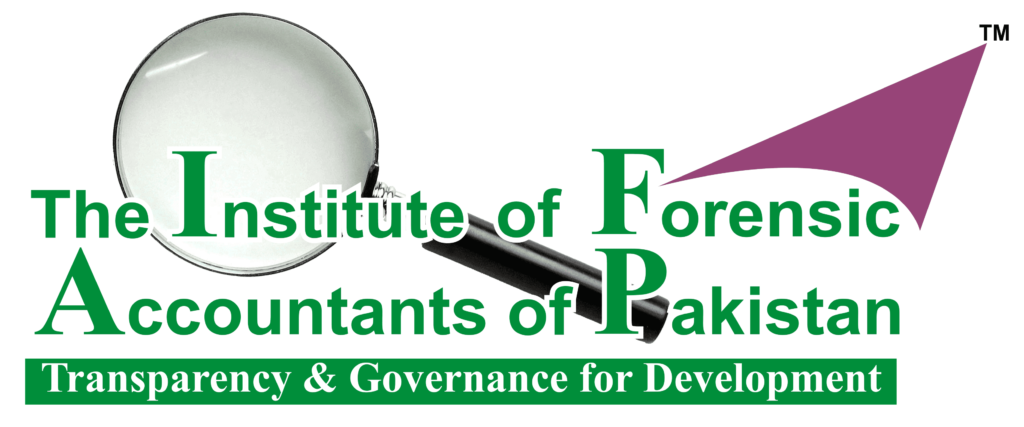Registration / Admission
How to Register
- To become a student of the Institute, you must complete the designated application form, available at our Head Office in Islamabad.
- Ensure your application form is accurately filled out and includes the required student registration/enrollment fee, exemption fees (if applicable), and the annual subscription fee for the current year.
- Please note that once your application for registration/enrollment is approved, the registration/enrollment fees, exemption fees, and annual subscription fee will not be refunded.
- Upon acceptance, you will receive an official notification from the Institute. Along with this notification, you will be assigned a unique Student Registration Number (SRN). Always include this SRN in any correspondence with the Institute.
Required Application Documents
When applying for student registration/enrollment, please ensure you include the following documents. Failure to provide these documents will result in your application not being considered:
- Attested/Certified photocopies of all your education certificates, both academic and professional, as stated in your application.
- A Letter of Good Standing/Character Certificate (LGS/CC) from the Head of the last educational institution you attended or from your current employer (if you are employed). The Executive Council of The Institute of Forensic Accountants of Pakistan (IFAP) may also accept an LGS/CC issued by any Associate or Fellow Member of the Institute or by a first-class gazetted officer of the Government of Pakistan.
- Satisfactory evidence of your age, name, and eligibility. You must demonstrate to the Executive Council of the Institute that you meet the following criteria:
- You are at least 18 years old.
- You possess the required educational qualifications as prescribed.
- You are a suitable and appropriate individual to be registered/enrolled as a student of the Institute.
- Two attested passport-size copies of your most recent photographs/pictures, along with a copy of your CNIC/passport for identification purposes.
Authority and Responsibilities of the Registration/Enrollment Committee
The Registration/Enrollment Committee is vested with significant authority and responsibilities, particularly concerning matters related to student admissions and the granting of exemptions. In this context, the committee holds the following powers and functions:
Admission Decisions
The committee has the authority to accept or reject applications for student registration without the obligation to provide specific reasons for rejection.
Fee and Subscription
It has the discretion to establish, modify, and review the schedule and rates of fees and subscriptions related to student registration. Additionally, the committee is responsible for formulating rules and regulations governing these fees and subscriptions.
Appeals
In the event of an application rejection, the student has the right to appeal to either the Executive Council or the Registration Committee for a review of their case. However, it's essential to note that the Executive Council/Registration Committee retains the final decision-making authority, and their determination shall be conclusive and binding upon the applicant.
The DIFA Program
The Diploma in Investigative & Forensic Accounting (DIFA) program is designed to equip individuals with intermediate or equivalent qualifications with the necessary skills, knowledge, insights, and professional attributes. These are essential for effectively addressing two main challenges:
Investigations:
Dealing with fraud, various aspects of white-collar crime, and other financial disputes.
Providing Expertise
Offering reports, guidance, and evidence to clients, legal professionals, and courts for resolving situations related to potential or ongoing civil or criminal legal proceedings.
The role of Forensic Accountants (FAs) has been expanding due to the increasing complexity of business and related schemes. To meet these challenges, The Institute of Forensic Accountants of Pakistan (IFAP) has introduced the DIFA Program, which comprises 2 Levels and 10 courses. The Diploma program spans slightly over one year.
The CIFA Program
Program Overview
In today's rapidly changing business landscape, the risk of fraud is on the rise. Corporate and government organizations, influenced by economic shifts, evolving regulations, and heightened competition, are more susceptible than ever to fraudulent activities. Technology, while offering advanced tools for detection, also provides new avenues for fraudsters to operate. According to the Financial Times, a recent survey by the Economic Intelligence Unit has identified increasing fraud across various industry sectors, with the financial services sector leading the way.
The Certificate in Investigative & Forensic Accounting (CIFA) Program is specifically crafted to empower professionals with the expertise and skills required in forensic accounting examinations. This certificate program focuses on fundamental competencies essential for recognizing, detecting, and preventing fraud. The curriculum covers various fraud schemes, addressing issues such as fraudulent financial reporting, asset misappropriation, and corruption. Participants will gain knowledge in developing evidence to support fraud cases, utilizing techniques in litigation support and expert testimony.
Program Objectives
Participants in the program will achieve the following objectives:
- Develop skills to identify and detect fraud.
- Gain an understanding of common fraud schemes and fraudulent financial reporting.
- Recognize misappropriation of assets.
- Acquire the ability to generate evidence to support fraud cases through litigation support and expert testimony techniques.
- Design internal systems that minimize or mitigate the potential for fraud.
Designed For
The CIFA Program is ideal for professionals in various roles, including:
- Internal Auditors
- Accountants
- Human Resource Professionals
- Fraud Investigators
- Loss Prevention Professionals
- Attorneys
- Ethics Officers
